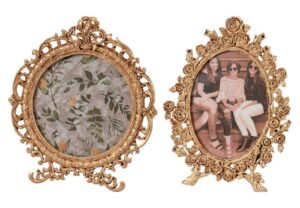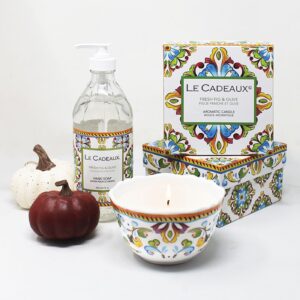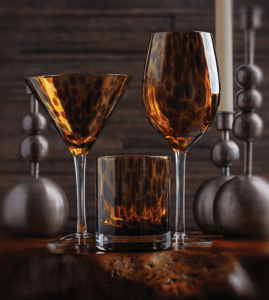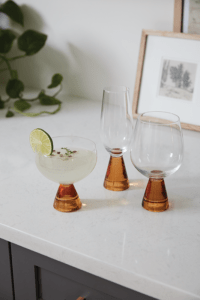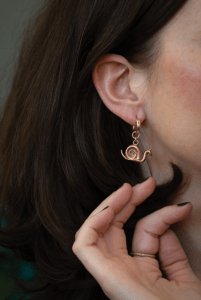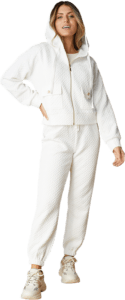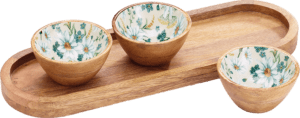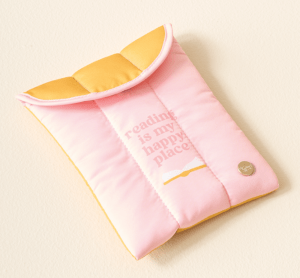Susan Noyes
Retail Manager Susan Noyes
Friendly Shop and the Boutique at South Shore Hospital
Weymouth, Massachusetts
MM: What is your retail background?
My career in retail began back in 1985. My husband was a soldier and was deployed often. We lived on a military base and I had a lot of idle time. So, I went to the local mall and applied for a part-time job at American Eagle Outfitters. I became a manager quickly! After gaining a great deal of experience, I went to work for Eddie Bauer for several years and then at a few stores throughout the Northeast. I also worked for CVS Pharmacies in their retail division, and for the past 15 years have worked at South Shore Hospital overseeing their retail shops division.”
MM: What is the most fulfilling thing about your job?
“In this environment, a hospital, we see the best and the worst and we are always a part of people’s joy and sorrow. It is a gift to be able to talk to a new grandmother, or to someone who has just lost someone dear. We are in many ways like therapists across the counter. People want to share their joys and sorrows, and often share with us in our shop. We have assisted in helping a few brides get ready for weddings at the bedside of a father who is too ill or won’t make it to the wedding, couples who want to get married now because one is about to die — very powerful situations, emotional, important, life-changing moments. We are fortunate enough to be a part of life and death here, and it is a privilege to help or be a part of these defining moments.”
MM: What are the store’s biggest-selling categories?
“Plush — more than I ever imagined — flowers, accessories, jewelry, greeting cards, and candy is huge. Logo wear — clothing with our hospital logo (which staffers wear as part of their uniforms) — and seasonal merchandise.”
MM: What are some of your unique products?
“In the Friendly Shop, we have developed some key partnerships with some of our departments, the most successful being outpatient rehab. They have certain key items that their patients post surgery will need. They call it a ‘back kit’ or a ‘hip kit,’ depending on the type of surgery that are having. These aids for daily living are things that will help them put on their socks, wash themselves, scratch their back, reach an item, compression bandages for edema, items of that sort. In partnership with them, we have developed a list that they give to the patient, checking off which items that the patient should get, and they then send the patient to us and we fill the order. It’s convenient for the patient, and it generates revenue for us, and it takes the expense out of the department.”


